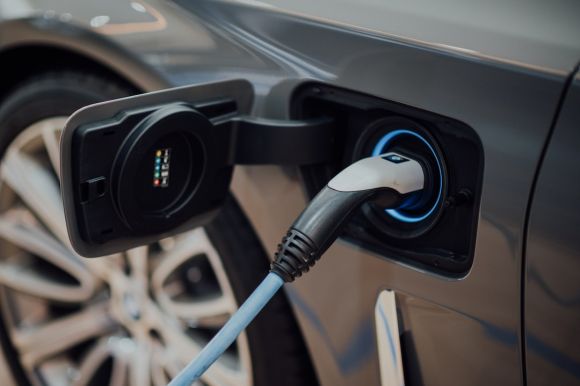As the world becomes more environmentally conscious, the future of transportation lies in electric vehicles (EVs). With their numerous benefits, including reduced emissions and lower operational costs, EVs are poised to revolutionize the automotive industry. However, there are also several challenges that need to be addressed for widespread adoption to occur.
Benefits of Electric Vehicles
1. Environmental Impact
One of the primary benefits of EVs is their positive impact on the environment. Unlike traditional gasoline-powered vehicles, EVs produce zero tailpipe emissions, significantly reducing air pollution and greenhouse gas emissions. This reduction in carbon emissions plays a crucial role in combating climate change and improving air quality.
2. Energy Efficiency
EVs are far more energy-efficient than internal combustion engine (ICE) vehicles. While traditional cars only convert about 20% of the energy from gasoline into power, EVs can convert over 90% of the energy stored in their batteries into mechanical energy. This efficiency translates into lower energy consumption and reduced reliance on fossil fuels.
3. Cost Savings
Although the upfront cost of purchasing an EV may be higher than that of a conventional vehicle, the long-term savings are substantial. Electric vehicles have lower maintenance costs due to fewer mechanical components and fluids that need regular servicing. Additionally, the cost of electricity used to charge an EV is significantly cheaper than gasoline, resulting in lower operational costs over time.
Challenges of Electric Vehicles
1. Limited Range and Charging Infrastructure
One of the main challenges facing the widespread adoption of EVs is range anxiety. While modern EVs have significantly improved their range, they still can’t match the range of traditional vehicles. Moreover, the lack of a comprehensive charging infrastructure adds to this concern. Although the number of charging stations is increasing, there is a need for further development to ensure convenient and accessible charging options, especially in rural areas.
2. Battery Technology and Manufacturing
The battery technology used in EVs still faces challenges in terms of energy density, cost, and lifespan. While advancements have been made, further research and development are necessary to improve battery performance and reduce costs. Additionally, the manufacturing process for these batteries requires resources and materials that can have their environmental impact if not properly managed.
3. Grid Integration and Power Demand
With the increasing popularity of EVs, there is a need to ensure that the electrical grid can handle the additional power demand. If not managed effectively, a massive influx of EVs charging simultaneously could strain the grid and lead to power outages. Proper grid integration and smart charging solutions are needed to balance the power demand and ensure a seamless transition to electric transportation.
The Road Ahead
Despite the challenges, the future of electric vehicles looks promising. Governments and automakers around the world are investing heavily in promoting and developing EV technology. Advancements in battery technology, increased charging infrastructure, and supportive government policies are all contributing to the growth of the EV market.
To further accelerate the adoption of EVs, collaboration between government bodies, industries, and consumers is essential. Governments can provide incentives and subsidies to encourage EV purchases, while automakers can continue to invest in research and development to improve battery technology and reduce costs. Consumers, on the other hand, can contribute by embracing EVs and taking advantage of the benefits they offer.
In conclusion, the future of electric vehicles holds immense potential in transforming the way we commute and reducing our carbon footprint. The benefits of EVs, including their positive environmental impact, energy efficiency, and cost savings, make them a compelling choice for sustainable transportation. However, challenges such as limited range, charging infrastructure, battery technology, and grid integration need to be addressed for a seamless transition to electric transportation. With continued investments and collaborative efforts, the future of electric vehicles looks bright, promising a cleaner and greener future for generations to come.
